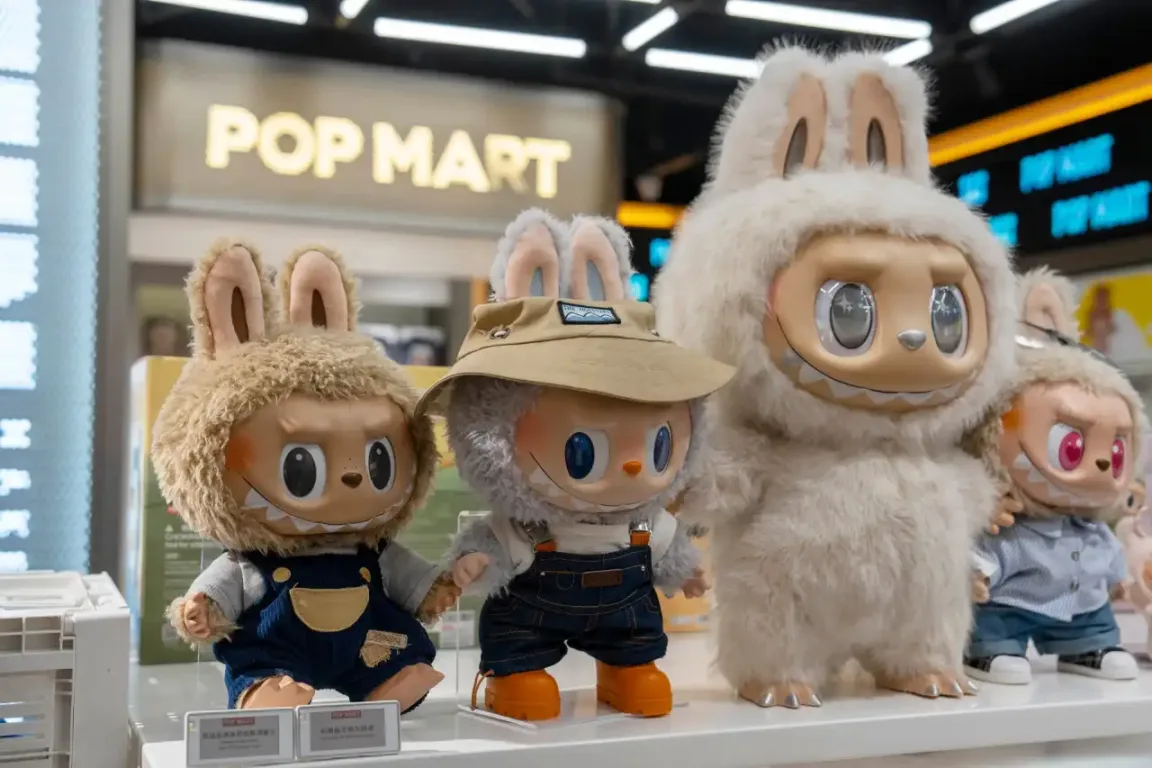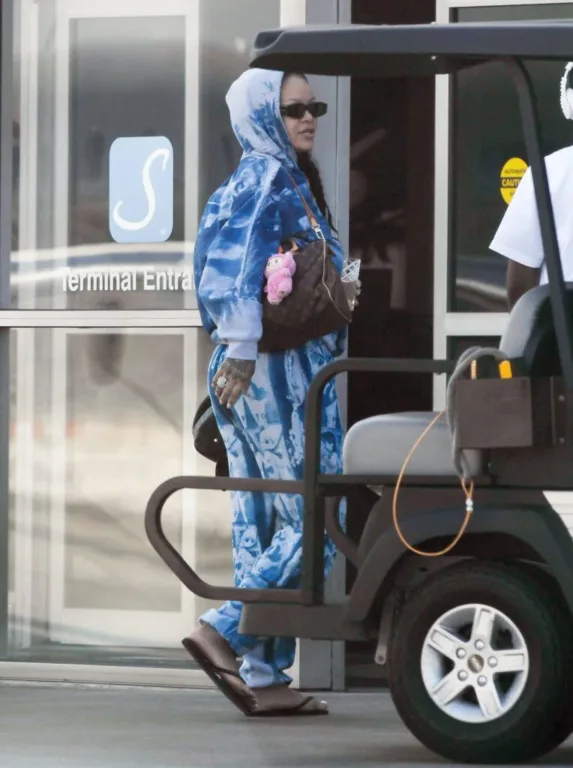
Labubu dolls, elfin creatures with mischievous smiles, have become a global phenomenon, significantly impacting the profits of their Chinese manufacturer, Pop Mart, and, for some analysts, revitalizing China’s soft power.
Labubu’s popularity has transcended geographic and cultural boundaries, winning over a fan base that includes celebrities such as Rihanna, Dua Lipa, Kim Kardashian and Lisa from Blackpink.
What is Labubu?
Labubu is a fictional character and brand, part of the “The Monsters” toy series, created by Hong Kong artist Kasing Lung. Characterized by their vinyl faces attached to plush bodies, pointy ears, large eyes, and a nine-toothed smile, Labubu have sparked debate online about their aesthetics, being considered both cute and bizarre. According to Pop Mart, Labubu is “kind-hearted and always willing to help, but often ends up doing the opposite by accident.”
The Pop Mart Empire
Pop Mart, founded in Beijing by Wang Ning in 2010, began its journey as a variety store. The company’s success was catapulted by the “blind boxes” format, where the contents are only revealed after purchase. The partnership with Kasing Lung in 2019, which secured the rights to the Labubu brand, was crucial to the company’s exponential growth.
In December 2020, Pop Mart went public on the Hong Kong stock exchange, with its shares rising by more than 500% in the last year. The company currently operates more than 2,000 roboshops (automatic vending machines) in several countries, and Labubu products are sold in more than 30 countries, although high demand has caused temporary sales suspensions in some locations. The brand’s international popularity contributes to almost 40% of Pop Mart’s revenue, and Wang Ning, its CEO, has become one of the richest men in China, with an estimated fortune of more than R$120 billion.
The Labubu craze began in China in late 2022, as the country emerged from its pandemic lockdown. The big leap in global popularity came in April 2024, when Blackpink’s Lisa began sharing photos with the dolls on her Instagram. Subsequently, other celebrities, including Rihanna and Kim Kardashian, have increased Labubu’s visibility.

In February, businesswoman Rihanna was spotted with a Labubu in her Louis Vuitton bag, while in April, Kim Kardashian showed off her collection of ten dolls. In May, David Beckham also posted a photo with a Labubu, a gift from his daughter.
The Labubu phenomenon is an example of a viral trend, the explanation for which lies in a combination of timing, aesthetics and the unpredictability of the internet. For Beijing, the success of the dolls is seen as a demonstration of the appeal of Chinese creativity and culture, allowing it to project an image of “cool China” to the world.
Controversies
Despite its success, the Labubu phenomenon has not been immune to controversy. China’s National Financial Regulatory Administration (NFRA) recently banned banks from using Labubu as promotional items in their marketing campaigns. The decision came after Shenzhen-based Ping An Bank offered the dolls as a reward to new customers who deposited 50,000 yuan for three months. The NRF justified the ban by claiming that such practices increase banks’ operating costs, create financial imbalances and unfair competition, and can lead customers into debt.
Furthermore, the popularity of Labubu dolls has been exploited by criminals to carry out scams. Kaspersky, a digital security company, has warned of the emergence of fake platforms that pretend to be official resellers of the dolls, offering tempting discounts or “exclusive editions” in order to steal consumers’ confidential financial data. These fraudulent websites imitate the look of reliable stores and are available in several languages, offering products at prices well below market value, aiming to attract victims. The company recommends caution and verification of the authenticity of sellers to avoid fraud.


